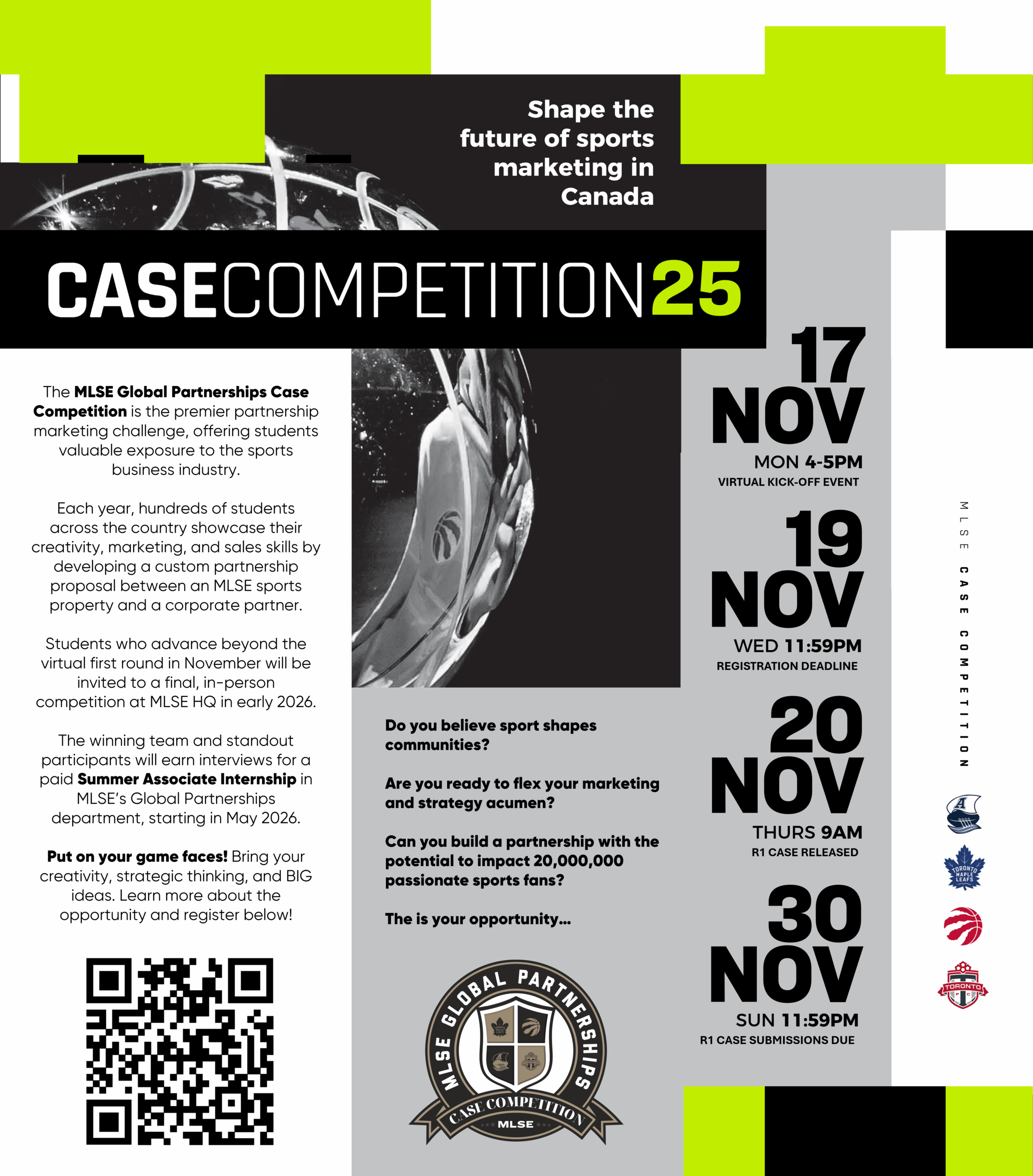Writers: Fiona Woticky (MSCM candidate 2020) and Lucie Wang (MSCM candidate 2020)
Editor in Chief: David Wang (MSCM candidate 2020)
 We had the pleasure of interviewing Dr. Mark Federman, our instructor for Business Communications and Team Dynamics for the Master of Supply Chain Management (MSCM) program. Dr. Federman did his undergraduate studies in a Computer Engineering program at the University of Toronto. Afterwards, he worked as a Director at Hitachi Data Systems, but his deep interest in psychology led him in a different direction: ultimately pursuing a PhD and MA in adult education and counselling psychology, with a research focus on organization theory and leadership. At the age of 40, Dr. Federman realized that he was not contributing to this world the way he wanted to and decided to really focus on helping others create a new path for themselves during their most difficult times in their lives. He is now a Leadership and Career Transformation Coach that has helped hundreds of clients and dozens of organizations. Fortunately for us, we were able to get a free crash course from him, and are sharing his four main takeaways for finding your best career:
We had the pleasure of interviewing Dr. Mark Federman, our instructor for Business Communications and Team Dynamics for the Master of Supply Chain Management (MSCM) program. Dr. Federman did his undergraduate studies in a Computer Engineering program at the University of Toronto. Afterwards, he worked as a Director at Hitachi Data Systems, but his deep interest in psychology led him in a different direction: ultimately pursuing a PhD and MA in adult education and counselling psychology, with a research focus on organization theory and leadership. At the age of 40, Dr. Federman realized that he was not contributing to this world the way he wanted to and decided to really focus on helping others create a new path for themselves during their most difficult times in their lives. He is now a Leadership and Career Transformation Coach that has helped hundreds of clients and dozens of organizations. Fortunately for us, we were able to get a free crash course from him, and are sharing his four main takeaways for finding your best career:
Tip 1: Before you apply for a job, think about your intentions in life.
Dr. Federman encourages everyone to first think about how they want others to remember them once they are no longer in the world. Next, try to align your career path to those intentions as, according to Dr. Federman, “people spend too much time focusing on their career CV, rather than their eulogy CV.” Although this may seem like a dark perspective, it really helped us figure out our own intentions for creating lasting effects in our life and really see if a potential company is a good match for those intentions.
Tip 2: Clean out the junk in your life.
Dr. Federman found one common trait amongst his clients: they all have unresolved junk in their lives blocking them from the opportunities that are presented to them every day. He suggests to “clear out the junk in your life and do not compromise your values when it comes to working for a certain company or job, as you may lose yourself and what’s important to you.”
Tip 3: Uniquely be the answer to someone’s question.
When writing your resume or preparing for a job interview, try and be the answer to the hiring manager’s business question. While this is not an easy task, here are a few tips.
First, go into the interview with a plan to connect with the person. Have some well-constructed stories to share that demonstrate not only your capabilities but also your character and values. Also, ask what success looks like in the role, for the team, and the organization as a whole. If these align with your success intentions for life, the company is likely a good fit for you. It needs to be a reciprocal relationship in order for you to fully thrive and function.
Tip 4: It’s okay to bring your emotions to work.
According to Dr. Federman,“Work is exactly where you should be able to bring your emotions and express yourself. Organizations, ideally, are alive. The moment we start treating people like robots and instrumental machines, they become lifeless.” Moreover, there are strategies to help understand where people’s emotions are coming from. In fact, the first time we ever met Dr. Federman was during the MSCM orientation where he led the Four Personality Types Workshop (Drivers, Analytical, Expressive, and Amiable). The workshop was designed to help us better understand the reason for other people’s emotions, workstyles, and pressure points. If you are interested in taking the quiz or learning more about each, click here.
What we enjoyed most about sitting down with Dr. Federman is his clear enjoyment towards making people feel welcomed, whether that is through his coaching or his free dance lessons downtown. So, do not be afraid to spark a conversation with him as he is always willing to help.





Leave A Comment